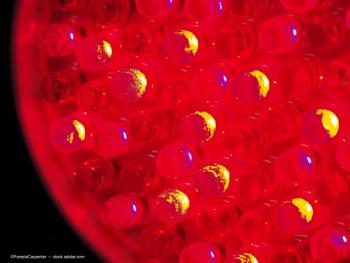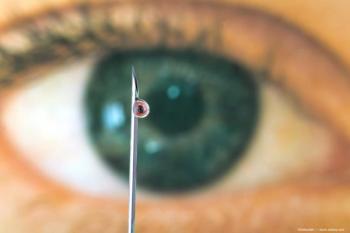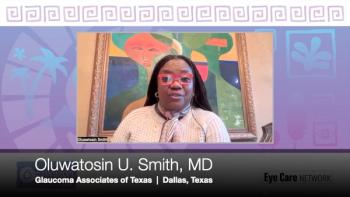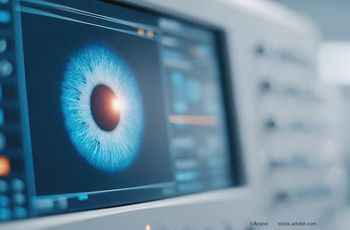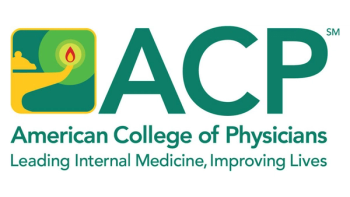
The bad microbiomes in us
A typical ophthalmologist or other adult human being is composed of about 100 trillion cells.
"And we have made of ourselves living cesspools, and driven doctors to invent names for our diseases."-Plato
The human genome project showed us that human beings surprisingly are similar in terms of our genetic makeup to other animals, such as monkeys (with whom we share about 97% of our genes). Humans, while phenotypically diverse (e.g., ophthalmologists, sumo wrestlers, and trial lawyers-to the extent the latter truly can be considered human), practically are genetically identical to one another when it comes to chromosomes. The real diversity amongst our bodies resides within our microbiomes as our genetic composition, diet, lifestyle, and environment interact with these germs.
I attended a lecture about the microbiome recently and learned that we should not take all these co-inhabitants of our bodies for granted. It turns out that "microbial mutualism" is essential to our health. "Good" organisms help keep away the "bad" ones.
But our microbiomes also can cause problems. Twenty to 30% of epithelial cancers apparently are related to the presence of bad germs; Helicobacter pylori is associated with gastric cancer while human papillomavirus is associated with cervical cancer. In a complex fashion not completely understood, the composition of our microbiomes seems to contribute in a major way to our risk of developing obesity, diabetes, and the metabolic syndrome.
The scientist speaking on this topic made a number of interesting points:
As an ophthalmologist, I am impressed that 90% of the cells in our bodies belong to germs, and yet infections after eye surgery are so uncommon. It also occurs to me that one day we may find out that some eye diseases are related to the compositions of our microbiomes. This would help explain to me why a mutation in a gene that codes for complement could affect our risk of developing age-related macular degeneration.
This new information definitely helps explain why sometimes people disappoint me and don't do what I ask them to or even criticize my editorials. It's not that they are bad people; they just have bad microbiomes.
Reference
1. Park A. A hidden trigger of obesity: Intestinal bugs.Time. March 5, 2010. Available at:
Peter J. McDonnell, MD director of the Wilmer Eye Institute, Johns Hopkins University School of Medicine, Baltimore, and chief medical editor of Ophthalmology Times. He can be reached at 727 Maumenee Building 600 N. Wolfe St. Baltimore, MD 21287-9278 Phone: 443/287-1511 Fax: 443/287-1514 E-mail:
Newsletter
Don’t miss out—get Ophthalmology Times updates on the latest clinical advancements and expert interviews, straight to your inbox.


